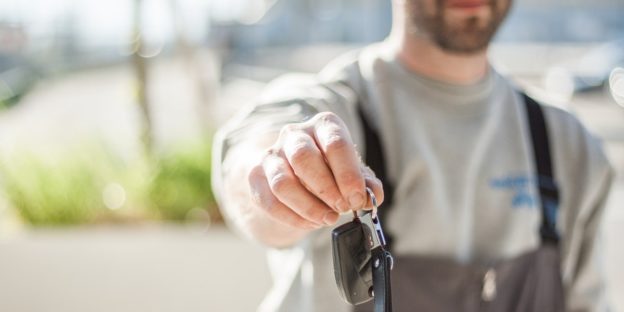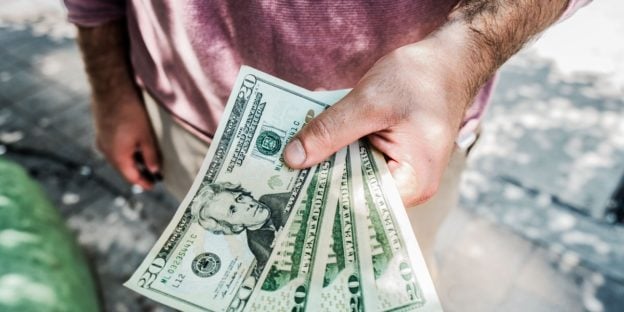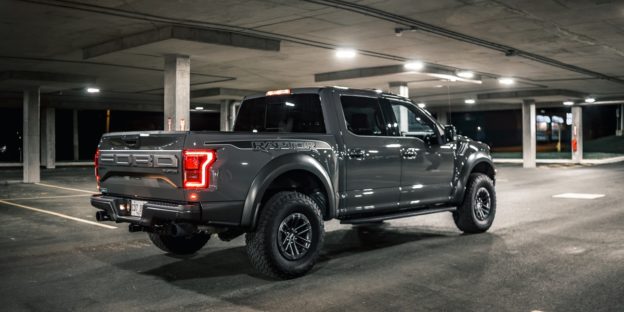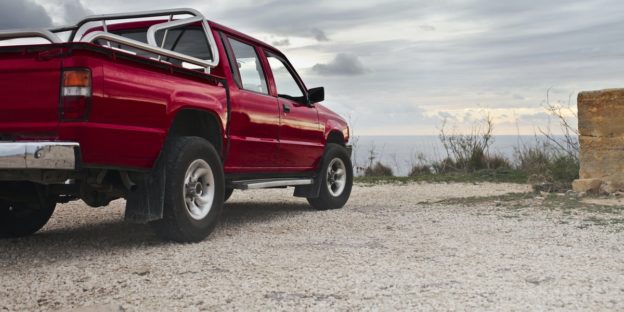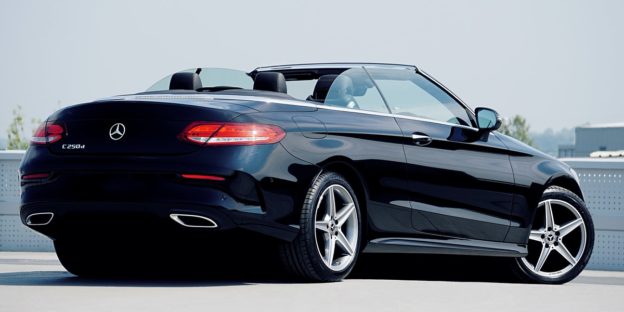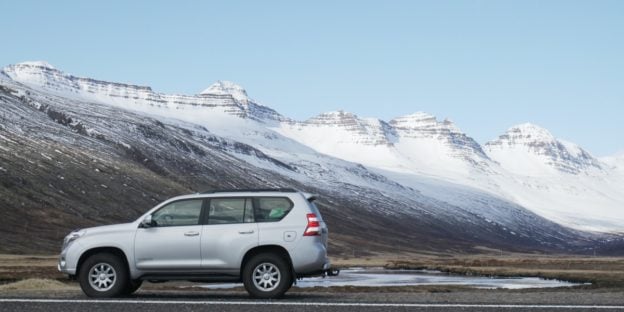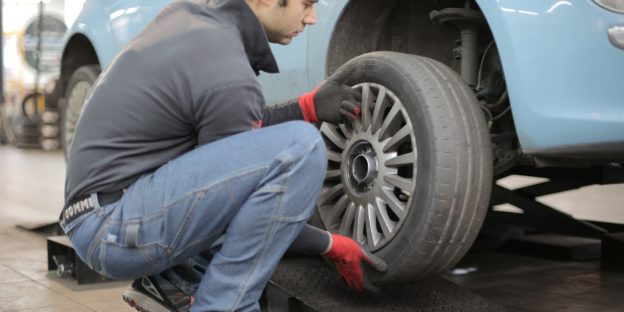When buying a car, you might come across vehicles sold in as-is condition. While the description is pretty obvious – you’re buying a car in the exact condition it’s in – it’s still important to know what this means and what you can expect with your purchase. Most importantly, don’t let buying as-is scare you away. If you’re looking for a great discount on a car, this might be the way to go!
What Does As-Is Mean in the Car Industry?
You can buy many things in as-is condition – a home, a retail product or a car. All it means is that the item is being sold in its current condition with all issues known and unknown. In other words, if there are problems with the vehicle, the seller is not responsible for them.
In terms of a vehicle, it’s also important to know that buying as-is means the car likely doesn’t have a warranty. (With newer repo cars, there is a chance the warranty is still intact.) Again, any problems that turn up with the vehicle are not the responsibility of the seller. You’ll have to pay for them out of pocket.
What’s the Benefit of Buying an As-Is Vehicle?
Because the buyer is taking a risk, as-is vehicles are discounted. For example, RepoFinder has a huge database of repossessed vehicles being sold by banks, credit unions and other lenders. They are selling their vehicles in as-is condition but for a discount.
Many of the vehicles they’re selling are in good condition. They might need some basic maintenance, but nothing too elaborate. By purchasing these types of vehicles at a discount, you’ll have enough money to pay for the repairs and maintenance as well as have lower car payments each month. It’s a win-win on both sides!
What are Some of the Risks of Buying As-Is?
Of course, buying anything as-is always comes with some risk. If you’re unhappy with the car or it ends up having significant problems, you can’t just drive it back to the dealership for a refund. This is why it pays to be a smart shopper. Look at the pictures, ask the seller questions, research the types of problems the particular car has (if any) and inspect the vehicle before signing the paperwork.
Additionally, when you schedule an inspection, bring along someone who knows cars, whether it’s a mechanic or a knowledgeable friend. They’ll know some of the obvious things to look for. Once you’ve done your research, you can place a comfortable bid that will get you the car you want at a fair price.
Shop for As-Is Vehicles Today
RepoFinder makes it easy to shop for as-is vehicles. Browse our website for cars in your area that are being sold by credit unions and banks. They’re motivated sellers who are often willing to negotiate the best prices!


